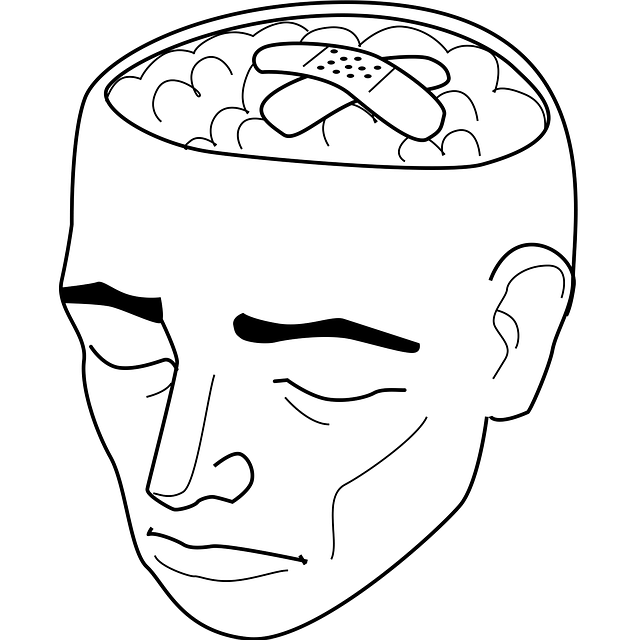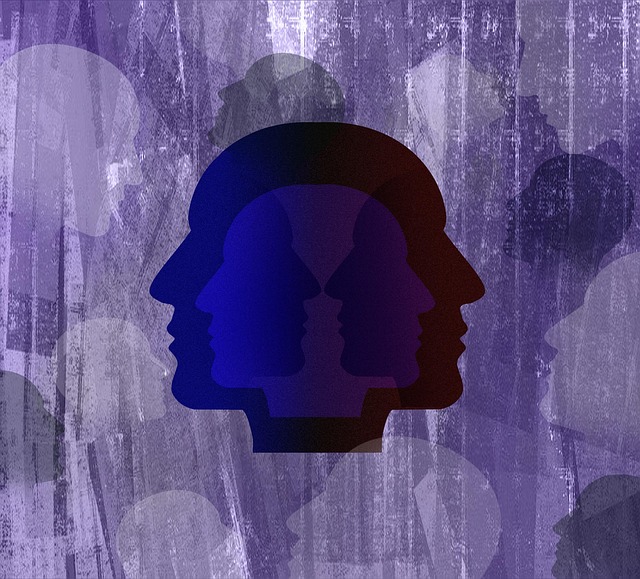Louisville's diverse community presents unique challenges for mental healthcare, especially in addressing child abuse across various cultural groups. Effective therapy requires therapists to undergo specialized training in cultural competence to understand and respect different beliefs and expressions of distress. By integrating Mental Wellness Journaling Exercises, adapting communication styles, and fostering trust, Louisville Child Abuse Therapy can provide tailored support, accurate assessments, and healing for abused children from diverse backgrounds, ultimately enhancing access and outcomes.
Cultural sensitivity is a cornerstone of effective mental healthcare, especially in diverse urban centers like Louisville. This article delves into the nuanced challenges and opportunities within the city’s community, focusing on understanding cultural diversity and its implications for mental health services. We explore sensitive navigation of issues such as child abuse across various cultural contexts, present strategies for culturally responsive therapy practices, and discuss enhancing access and outcomes for all Louisvillians seeking mental healthcare, with a specific emphasis on Louisville child abuse therapy.
- Understanding Cultural Diversity in Louisville's Community: A Mental Healthcare Perspective
- Navigating Sensitively: Addressing Child Abuse within Diverse Cultural Contexts
- Strategies for Culturally Responsive Therapy Practices in Louisville
- Enhancing Access and Outcomes: Overcoming Barriers to Cultural Sensitivity in Mental Healthcare
Understanding Cultural Diversity in Louisville's Community: A Mental Healthcare Perspective

Louisville’s diverse community presents a unique landscape for mental healthcare practitioners. With a rich cultural tapestry woven from various ethnic backgrounds and socioeconomic factors, understanding the nuances of this diversity is paramount in providing effective therapy services, particularly in cases of Louisville child abuse. Each cultural group brings its own set of beliefs, values, and expressions of distress, requiring mental health professionals to approach treatment with sensitivity and cultural competency.
Healthcare provider cultural competency training plays a pivotal role here. It equips practitioners with the emotional intelligence needed to navigate these differences, ensuring that every patient receives care tailored to their unique background. By recognizing and valuing cultural diversity, Louisville’s mental healthcare providers can foster an environment of trust and understanding, ultimately enhancing the delivery of services for all individuals seeking therapy, especially those affected by child abuse within the community.
Navigating Sensitively: Addressing Child Abuse within Diverse Cultural Contexts

Navigating cultural sensitivities is paramount when addressing child abuse within diverse communities. What constitutes abusive behavior can vary across cultures, presenting unique challenges for mental healthcare providers in Louisville. For instance, certain communities may have alternative methods of discipline or express emotions differently, which could be misunderstood as abuse. Therefore, therapists must prioritize cultural sensitivity training to effectively support families and prevent misdiagnosis.
Understanding these nuances is crucial in implementing effective stress reduction methods and burnout prevention strategies for healthcare providers. By integrating cultural sensitivity into practice, mental health professionals can foster trust and build stronger connections with families from diverse backgrounds. This approach not only ensures accurate assessments but also promotes healing and recovery for children experiencing abuse within their unique cultural contexts.
Strategies for Culturally Responsive Therapy Practices in Louisville

In Louisville, culturally responsive therapy practices are essential for addressing the unique needs of diverse communities, especially when it comes to issues like child abuse. One effective strategy is to integrate Mental Wellness Journaling Exercises tailored to different cultural backgrounds. This approach allows therapists to understand clients’ perspectives and experiences, fostering a deeper connection and more accurate diagnoses. By encouraging clients to express themselves through writing, therapists can explore sensitive topics while respecting cultural boundaries.
Additionally, Communication Strategies play a pivotal role in culturally sensitive therapy. Louisville therapists should be adept at adapting their communication styles to match those of their clients. This might involve learning about different cultural communication norms, using inclusive language, and actively listening without judgment. Such practices promote trust and open dialogue, enabling therapists to provide Emotional Regulation Guidance that is both effective and respectful of individual cultural contexts.
Enhancing Access and Outcomes: Overcoming Barriers to Cultural Sensitivity in Mental Healthcare

In Louisville Child Abuse Therapy, enhancing access and outcomes for diverse communities requires a deep dive into cultural sensitivity practices. Barriers like language differences, cultural miscommunications, and stereotypes often impede effective mental healthcare delivery. Overcoming these challenges demands a multifaceted approach, incorporating compassion cultivation practices to foster understanding and empathy among therapists and clients from varied backgrounds.
Integrating self-care practices for mental wellness coaches is crucial to sustain cultural sensitivity over time. Training programs focused on developing mental wellness coaching skills, coupled with ongoing education, can equip practitioners with the tools needed to navigate complex cultural landscapes. By doing so, these initiatives not only improve access to care but also ensure better outcomes for all individuals seeking support, regardless of their cultural or ethnic identity.
In Louisville, addressing cultural sensitivity in mental healthcare is paramount, especially regarding child abuse therapy. By understanding and navigating diverse cultural contexts, practitioners can offer more inclusive and effective services. The strategies outlined, including culturally responsive practices and overcoming barriers to access, ensure that all individuals, irrespective of their background, receive the compassionate care they deserve. This approach not only enhances therapeutic outcomes but also contributes to a more equitable Louisville child abuse therapy landscape.














